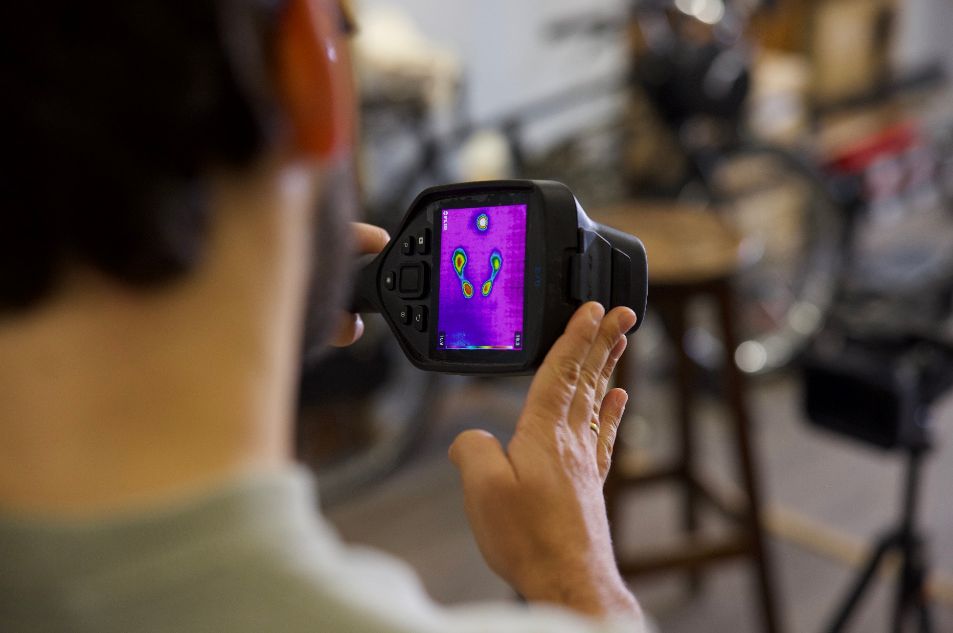American football star, Damar Hamlin, who had a heart attack during an NFL game is still in intensive care in a critical condition, his team has said.
The Defensive Back (DB), 24, collapsed on the field and was given CPR for about 10 minutes after he was injured after making a tackle during a match against the Cincinnati Bengals. He collided with Bengals wide receiver Tee Higgins in the incident on Monday night.
He originally managed to get to his feet and appeared to adjust his helmet before tumbling backwards and lying motionless. The Bills said his heart stopped before his heartbeat was then restored on the pitch by medical staff.
His football shirt was cut off, and he was reportedly given oxygen. Hamlin may have suffered a one-in-200million heart injury that shut off blood to his brain and triggered a cardiac arrest, doctors say. The Bills revealed that the 24-year-old’s heartbeat was restored on the field, and that he has been taken to hospital, where he remains in a critical condition.
Hamlin's family asks fans to keep him in their prayers as he remains in critical condition. In a statement they said: "On behalf of our family, we want to express our sincere gratitude for the love and support shown to Damar during this challenging time.
“We are deeply moved by the prayers, kind words and donations from fans around the country. We also want to acknowledge the dedicated first responders and healthcare professionals at the University of Cincinnati Medical Centre who have provided exceptional care to Damar.
"We feel so blessed to be part of the Buffalo Bills organization and to have their support. We also want to thank Coach Taylor and the Bengals for everything they've done. Your generosity and compassion mean the world to us. Please keep Damar in your prayers. We will release updates as soon as we have them."
Doctors believe that a blow to the star's chest threw his heart's pumping mechanism out of rhythm, disrupting blood flow around his body and shutting off his brain. But to make matters worse, experts speculate this may have happened during a very vulnerable moment in the heart’s electrical cycle, triggering a condition called 'commotio cordis'.











